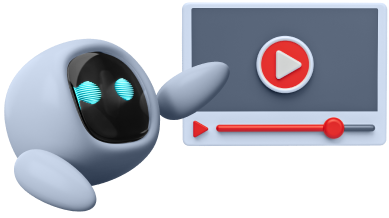In this digital age, the question of what is the best age for a child to learn coding is becoming more and more relevant. As parents, educators and tech enthusiasts, we want to prepare the next generation for a tech and innovation dominated world. Because we believe the sooner the better. There are still a lot of debates revolving around this topic to know the right age to start teaching coding skills, balancing cognitive readiness with practicality.
So, let’s, look more into this:
Cognitive Development
-
Children’s cognitive development varies across age groups. Younger children (5-7) are still in the early stages of developing logical thinking and problem solving skills. Introducing coding concepts at this age can help develop abstract thinking and computational logic through play and visual programming languages like Scratch or Blockly.
-
As children get older (8-11) their cognitive abilities become more refined. They can grasp more complex concepts and start to understand the underlying principles of coding languages like Python or JavaScript. At this stage coding can be added to their curriculum or extracurricular activities to deepen their understanding and application of technology.
Why Early Coding is Good
-
Cognitive Skills: Coding helps develop critical thinking, pattern recognition and problem solving skills.
-
Creativity: Coding allows children to create their own projects, animations and games.
-
Future Proof: In a tech dominated world coding is valuable across many fields from science and engineering to arts and humanities.
Practical Considerations
While the benefits of early coding education are clear, we need to consider each child’s readiness and interest. Here are some practical tips:
-
Interest and Motivation: Check your child’s interest in technology and problem solving. A child who enjoys puzzles and logical challenges may enjoy coding more.
-
Parental Guidance: Support and encourage without pressuring your child. Coding should be fun and exploratory not stressful.
-
Resources and Tools: Use child friendly coding platforms, interactive apps and educational games to make learning coding fun and accessible.
Conclusion
There is no one answer to the question of what’s the best age to teach a child to code. It’s about knowing your child’s development and interests. Whether you start with basic concepts early or dive deeper into programming languages later, the goal is to spark a lifelong interest in technology and equip children with skills for the future.
At Step IT Institute, we believe in nurturing young minds through innovative learning experiences. Explore our range of coding courses designed for children of all ages and discover the joy of learning through technology.



